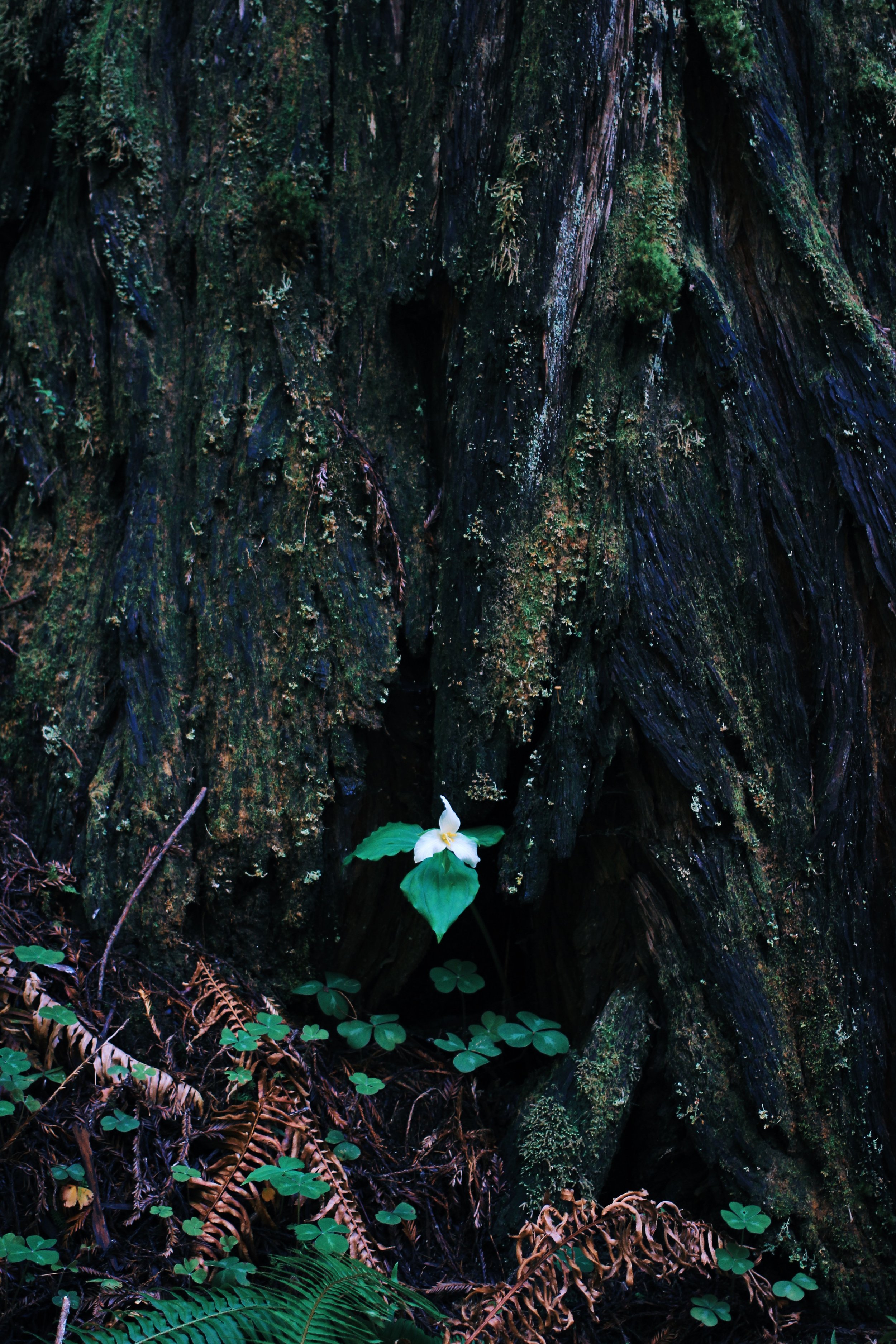
The Heart of Our Work
Presence isn’t something that you create or generate…
it’s a relationship that you allow.
Presence isn’t something that you create or generate… it’s a relationship that you allow.
This is also to say that God is not an idea, but the reality of every moment of our lives. Where we let go of our ideas about God and life, where we surrender our self-created identities, is the inner place of stillness where we are in relationship with the true nature of reality.
We often try to do something to get into this state of presence. We try to prove we’re worthy. We’re doing to attain something — something that will make us feel we’re enough, that we’ve earned our way into heaven.
It’s not about doing more to get more presence. There isn’t anything you can do that’ll get you to the state of presence we’re talking about here.
If this holy ground is beyond creation and dissolution — if it already, always, exists within us — why don’t we realize it? How do access it?
“The path cannot be a path of attaining because nothing’s missing. The ground is this infinite generosity of God completely being given to us as the depth of ourselves. Therefore, the path has to be one of becoming detached from what hinders us from realizing it.”
— James Finley
This is the way of self-emptying — that we may be absorbed into the Great Mystery to which we already belong.
We let go of our persistent holding — our clinging to certain perspectives, emotions, circumstances — so that we might be free of who we think we are and come to know ourselves as who we are in God’s eyes.
Who we are is not something we can know with our rational minds. We can only experience who we truly are.
We’re attempting to share here the mystery of the ineffable — and how it is that this Great Mystery is not far away, but is intimately relating to us as the very fabric of our everyday lives.
And how do we speak of this—which is ultimately unfathomable—without falling into another dogmatic doctrine? How do we share what cannot be contained in words, without becoming bound by them? How do we practice prayerfulness without becoming lost in the rituals of prayer?
The Zen monk D.T. Suzuki and the Christian monk Thomas Merton gathered with their students for a tea ceremony. The students sat in quiet anticipation, watching their teachers with reverence and expectation. As the ceremony began, Suzuki poured the tea—but spilled it across the table. The students gasped. Suzuki smiled, turned to Merton, and said, “You and I both know it was never about doing it right.”
It was never about pouring the tea without a spill. Never about performing the ritual flawlessly. Never about saying the right words, or praying the right way.
The ceremony was never for perfection. Technique alone cannot transmit what is real. You can perform every gesture beautifully and still miss the point entirely.
Thomas Keating often told a story from the Christian mystic St. Thérèse of Lisieux. She describes a small child at the bottom of a staircase—her father waiting at the top, arms outstretched. The child, full of desire to reach him, tries with all her might to climb the stairs. But she cannot even make it up the first step.
The father, moved by unconditional love, cannot bear the distance. He runs down the stairs, gathers her in his arms, and carries her to the top.
This is a moment by moment practice. A daily coming into greater presence in all our moments. Letting ourselves be absorbed into a living presence, and thus living from a greater presence.
We work with the base material of our everyday approaches to life, our dysfunctional patterns, our disharmonious states as fuel for the fire of the transformative process. The transformative process of becoming who we truly are — discovering the nature of our Nature — in the depths of our being-ness, where our being and God’s being are one. The transformative process of coming into deeper union with our Beloved.


